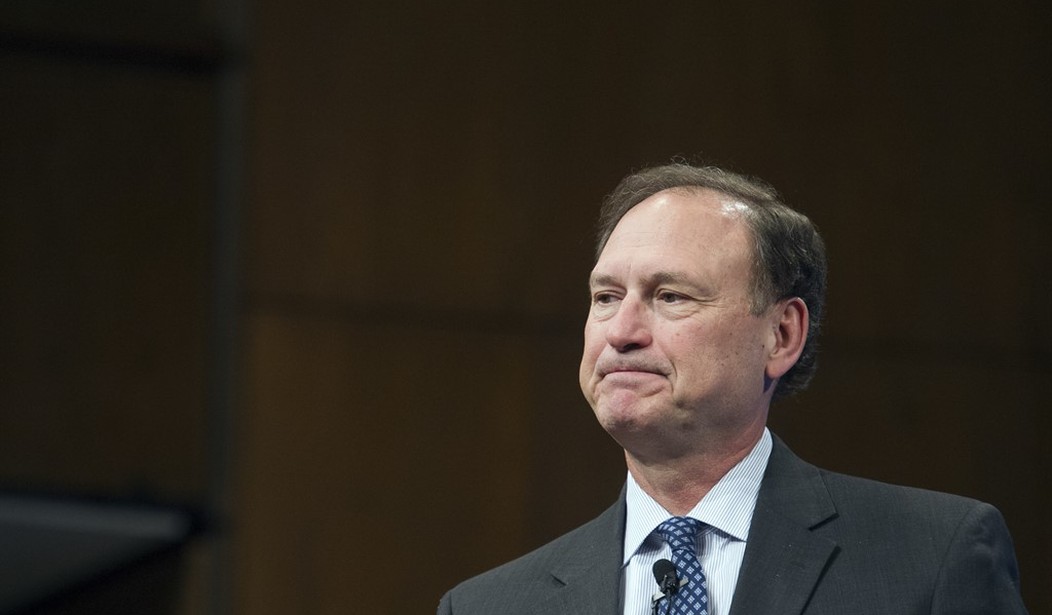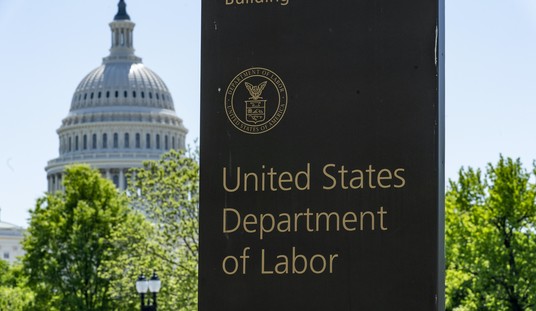Associate Justice Samuel Alito issued a one-sentence decision in deciding the outcome of the Emergency Application for Injunctive Relief in the case filed by GOP Congressman Mike Kelly against the State of Pennsylvania and various state officials.
“The application for injunctive relief presented to Justice Alito and by him referred to the Court is denied.”
It is hard to decipher why this would be the outcome — a perfunctory one-sentence Order — after he had given the State Defendants five days to file a Response to the Emergency Application.
What we can take from this Order is that no Justices disagreed with his decision. Generally, when one or more Justices disagree they will write a “Statement” setting forth their views on why the Emergency Application should be granted. None did so in this case.
The other thing to take note of here is that the Plaintiffs have not yet filed a Petition for a Writ of Certiorari with the Court. That is the document that actually requests that the Court review the decision of the Court which is being appealed. Emergency Applications like the one filed are used in an effort to preserve the status quo, and to prevent the lower court’s decision from taking effect while a Petition for review is being prepared, or after one is filed and pending.
One fact that is noteworthy from the Response filed earlier today by the State Defendants was that they attached to their filing as an Appendix the formal Certification of the Biden Electors that the Governor of Pennsylvania has already sent to Washington DC in advance of the meeting of the Electoral College. The primary component of “injunctive” relief that was requested in the Emergency Application was to prevent the Governor from taking that step and/or by Order directing the Governor to “decertify” that step if it had already been taken.
I’m not certain there was any argument presented to the Court on the question of whether that was even possible.
If the Court defaulted to the view that it could not “undo” what had already been done, then the request for “injunctive relief” in that regard was superfluous, and there was no reason for the Court to weigh into grand injunctive relief that may be ineffective in “enjoining” anything.
But that takes me back to the point I made above which is that at this moment there is no Petition for review pending before the Court. So the question posed now is whether the Plaintiffs will go forward with such a Petition, and then seek an expedited review of the case on the merits prior to January 21, 2021.
I have no idea how the Court would receive such a Petition and request for expedited review.
But it seems to me that if the Court was truly seeking to “wash its hands” of all election controversies involving Pennsylvania, it could have said so today in statements accompanying this Order.
By playing “coy” in giving no reason today, it did nothing to “tip its hand” about the sentiment inside the Court on the actions of the Pennsylvania Supreme Court and state officials across a host of issues. It still has not addressed the extension of the “received by” deadline set forth in the election statute, which remains pending before it. The request for review on that Petition could be easily declined, although several Justices have expressed a desire to address the issue.
Was the new lawsuit filed by Texas against Pennsylvania, Wisconsin, and Georgia, and now joined by several other “Red” states as Plaintiffs, seen as an alternative vehicle given that such suits NORMALLY fall under the Supreme Court’s “original jurisdiction” and do not first start in lower state or federal courts? Who can say for sure? It is certainly a novel approach to getting the attention of the Supreme Court, but whether Texas has presented “justiciable” claims against the States named as Defendants is a tricky question right at the start.
I’ll be writing more on the Texas case later today.
But as for Justice Alito’s order in Congresman Kelly’s case, while he did close the door on the one open avenue of relief being pursued, in doing so he he did not signal that the matter is over which he could have easily done.














Join the conversation as a VIP Member